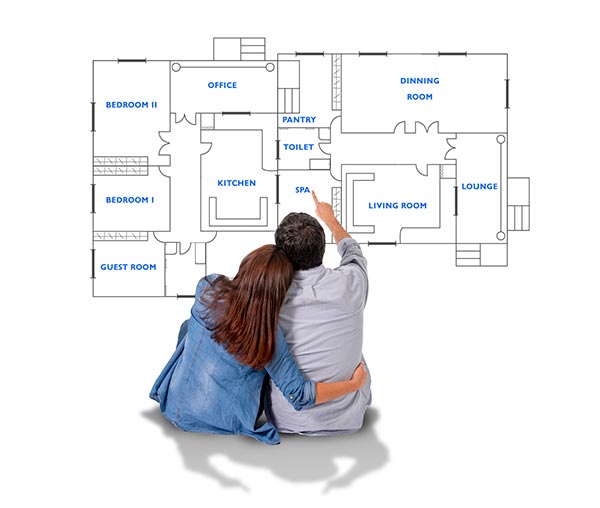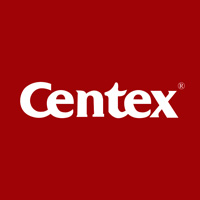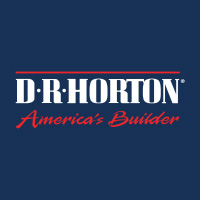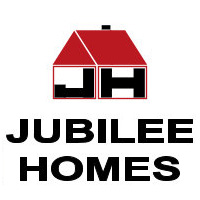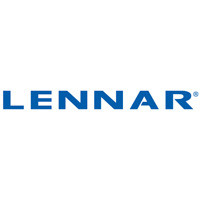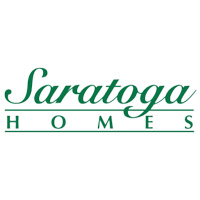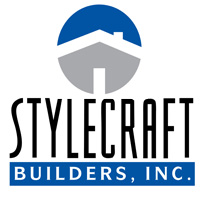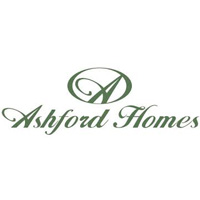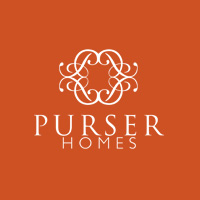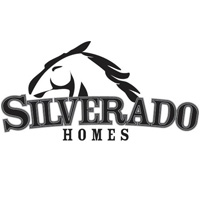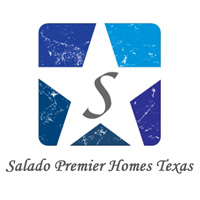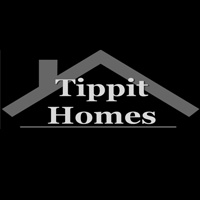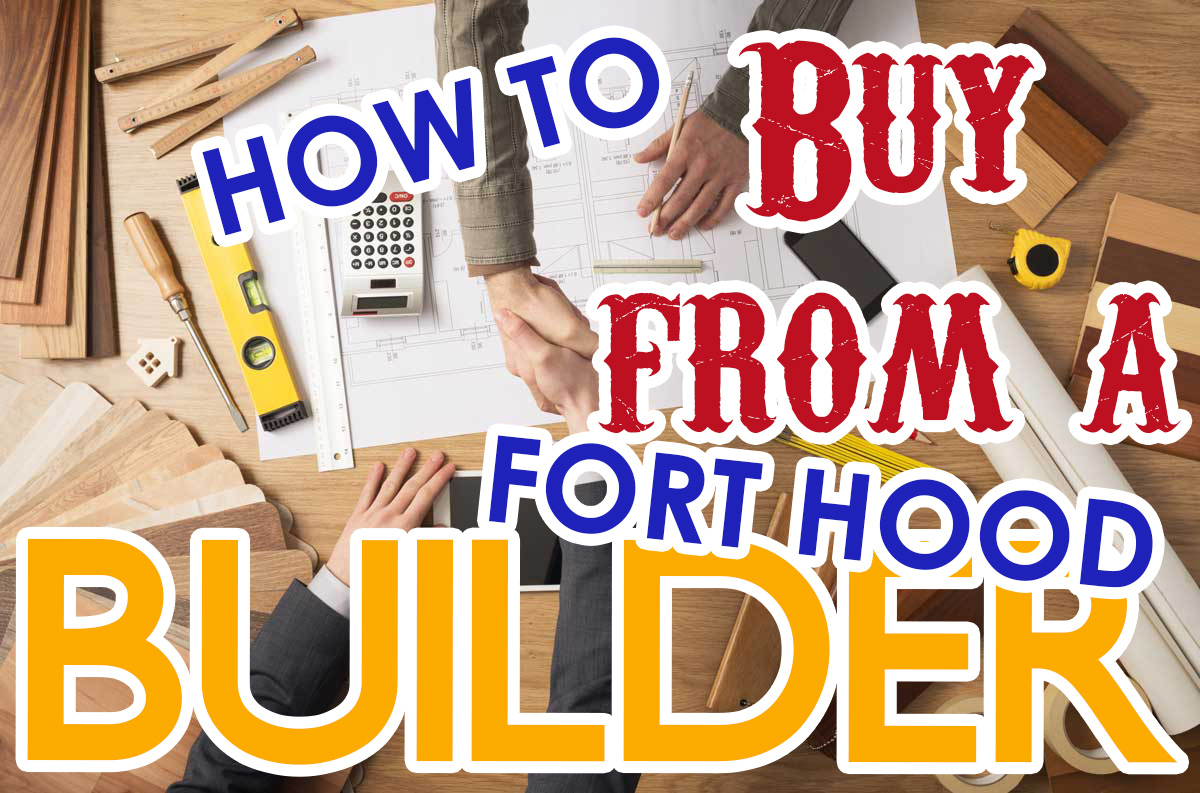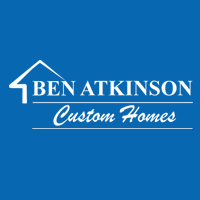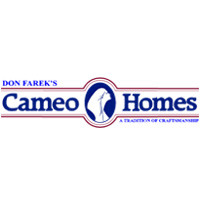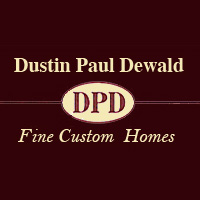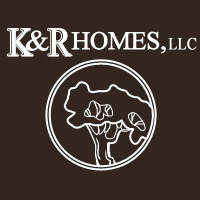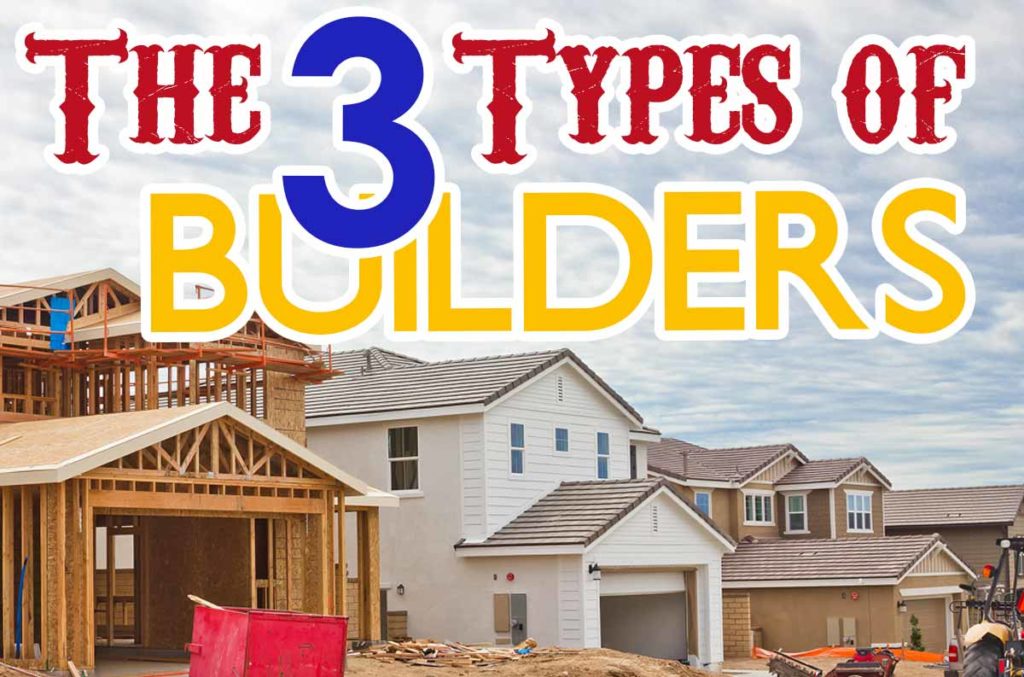
Updated 9/23/2019; Originally published 10/6/17
Takeaways
- Understanding what kind of builder you are working with will allow you to get the most from your home purchase
The Three Types
There are three business models that define most residential home builders: tract, spec, and custom. Each of these models offers different benefits and drawbacks for new construction homebuyers to consider.
I’ve classified the builders in the Fort Hood area as either tract, spec or custom, but the reality is that builders are seldom just one type. For example, custom builders will often build spec homes from time to time, either to use as a model home or to showcase for the Central Texas Home Builder Association Parade of Homes.
Even tract home builders occasionally build homes outside their subdivisions (like when Stylecraft built a custom home for one of their own salespeople).
Tract Builders

Also known as “production builders”, these are generally big, established builders that are often Statewide if not national companies.
They are generally in just a few neighborhoods in a city, and build dozens or hundreds of homes in each neighborhood.
They generally have a set number of floor plans and features to choose from in their own design center, without too much flexibility.
They also generally build homes whether they have buyers yet or not, meaning they may have some completed construction vacant, for sale, and ready to move in.
Often they will have a fully staged model home in each of their neighborhoods where their sales associate works full time.
Some tract builders also work with local agents to list their homes in the MLS, though it is hit or miss whether they do that and almost never does all their inventory make it to the MLS.
Tract construction makes up the considerable majority of Fort Hood area sales. If you are buying a new home, you are probably buying a tract home in our area.
While they definitely often have some of the most affordable options, they are not always “cheap”. For example, D R Horton and Centex have several different tiers of home with different upgrades standard depending on the neighborhood. Carothers is another local builder who builds high-end semi-custom homes, but would also probably fit the criteria of a tract builder.
Fort Hood Area Examples
Pros
- Price! With few exceptions, tract builders are efficient, economical, and can get their costs down far more than other builders. These are probably the only option for cost-conscious buyers.
- Move-In Ready! Tract builders are far more likely to have a completely built new home for sale, ready for a quick close and move in.
- Model Homes. Having a staged model home, or other inventory, can be a huge advantage to visualizing your completed floor plan instead of a two-dimensional paper.
- Established. These tend to be large builders with resources and longevity, meaning that there’s a good chance they will have support for you and be around in 5-10 years to fulfill their warranty obligations.
Cons
- Not Customizable. Your customization options will be limited with a tract builder. You’ll be limited to a certain number of floor plans and options.
- Smaller Lots. Tract builders generally don’t build in the country, though there are some who have built in areas with oversized lots (1/3 – 1/2 acres) in neighborhoods like Quail Estates
- Budget Conscious. This is also a bit of a pro, since it’s saving you money. But tract builders do tend to save money on the quality. These cost-saving measures are generally in regards to the cosmetic features of a home, and the “bones” of a tract home can be just as good as a custom home.
- Limited Lender and Title Options. Tract builders sometimes insist on using their own in-house lender in order to get any closing cost concessions. Their affiliated lender may not always be the best choice for you.
Do This Before Buying a New Home!
- Compare resale homes to your new construction homes
- Consider and compare other builders
- Talk to an agent about builder concessions
Speculative Builders

“Spec” is short for “speculative”, because spec builders buy a lot and start building even without a buyer yet, “speculating” that they can sell the home for a profit when done.
Spec builders are similar to tract builders in that they start building a home even before they have a buyer. Unlike tract builders, they do not own large “tracts” of land or lots in a neighborhood that they are committed to building on.
Instead, they will generally buy lots one at a time and begin building. The floorplan and features may change with every home.
If they have already started a home, many items are likely going to be set in stone and cannot be changed, but they often will build a home from the ground up with more flexibility.
Sometimes spec builders will have model homes and sometimes not. However unlike tract builders, many employ local real estate agents to work the sales office and conduct their sales business, for which reason you will more often find spec builders’ homes on the local MLS.
Spec builders are more likely to be flexible on terms like the price if it is an inventory home that has been on the market a long time.
Unlike custom builders, spec builders often require terms more comparable to preowned or tract homes regarding upfront costs like earnest money and deposits.
There are a fair number of spec builders in the Fort Hood area, and they tend to be local, small business owners.
The quality and upgrades of spec builders covers nearly the entire range, from affordable starter homes to higher-end new construction. Many custom builders also build spec homes, and spec builders sometimes build custom homes, so the line between spec and custom builders is blurred a little.
Fort Hood Area Examples
Pros
- Options. You can find spec builders at many price points, and often build a larger variety of homes than you might find with a tract builder.
- Local Business. If you are keen on shopping local and building relationships in your community, spec builders tend to be those folks – small business owners.
- Unique. Spec builders seldom build the same house twice.
Cons
- Less Customizable. If already in progress, you won’t have a lot of customization options, though if you start a to-be-built with a spec builder you will probably have more customization options than you would with a tract builder.
- Small Businesses. The flip side of smaller business is that spec builders sometimes come and go, and may not still be in the area or in business in five years if you have issues with your home.
How to Buy from a Builder
- Don’t buy from a builder without at least comparing to comparable resale homes first
- The Fort Hood area has a lot of different, quality builders to choose from!
- Buy a home inspection prior to closing, just like you would any other home
Custom Builders

You can have anything you want, because you’re paying for it! Custom builders can build you practically anything, limited only by your budget, imagination, and local building or neighborhood regulations.
Unlike the two other builder types, custom builders do not start building until they have a buyer, so they almost never have vacant, completed homes to view unless they had a buyer that failed to close. Sometimes they will build a spec home, for example when competing in the Parade of Homes.
Custom builders are not flexible on pricing, and much more expensive to get started. They often require 5-10% deposit up front, plus other fees like lot fees and architect fees if your floorplan is customized.
Unlike spec and tract builders, custom builder sometimes require that you buy your own lot, first, especially if you are at very high price points or building on land in the country.
Custom builders almost never have model homes or listing agents, but do often have offices where they meet customers. You will almost never find their homes on the local MLS.
Fort Hood has a wide range of custom home builders, though they make up a fraction of new home sales in our area. Most custom home builders build fewer than 10 homes a year.
Fort Hood Area Examples
Pros
- Customizable. You can get whatever you want if you’re willing to pay for it. This is the #1 advantage of custom homes. You generally go to local stores (e.g. granite, flooring, light fixtures) to pick out whatever you want from a vast selection, and if they don’t have it, you can order it in for your builder to install in many cases.
- Build on your Lot. You are not limited to a specific selection of lots. If you have land with build-able space, a custom builder will build on it.
- White Glove Treatment. Because building a custom home is so detailed and customizable, and because custom builders only build a few a year, you and your builder are going to get to know each other very well.
Cons
- Price. In the Fort Hood area, a small custom home on a small lot will still start in the mid $200,000s, and most custom homes will land in the $300,000-$400,000 range (and can, of course, go much, much higher).
- Long Wait. They don’t start building until you contract, meaning you generally will have a 6-12 month wait time until you’re ready to close.
- Harder to Visualize. It is a unique home that hasn’t been built yet, meaning you can’t see what the final result will actually look like until it’s built – and by then, it’s too late if it wasn’t what you expected.
- Higher Nonrefundable Upfront Costs. Builders take a risk building high-end custom homes that they won’t be able to sell quickly or for the right price if you walk away, so they require more upfront.
Conclusion
Knowing what kind of builder you are working with will help you understand what to expect from your builder and the process. Having an agent who has worked with local builders will also let you get the most from that builder, either in concessions, price, or just being a guide to make sure you are getting the best home for your situation.
Exploring buying new construction in the Fort Hood area? Tell us what’s important to you in the form below and we’ll give you some recommendations!
Whom to Choose?
